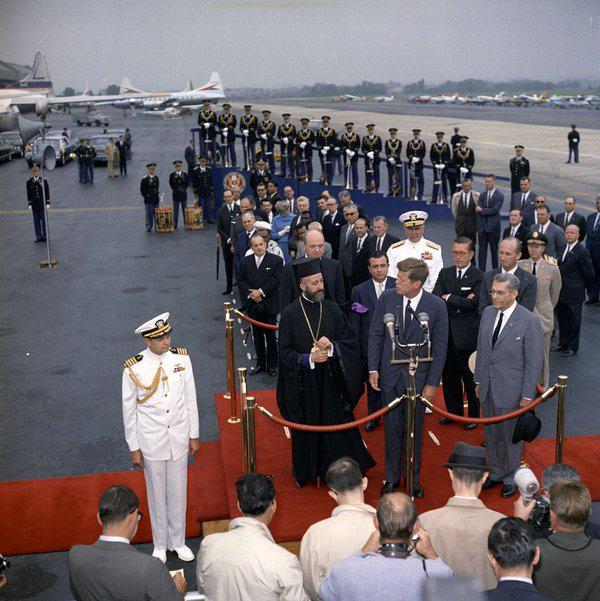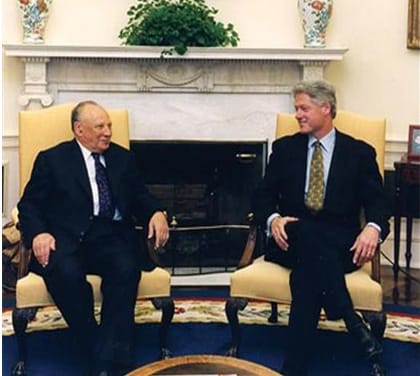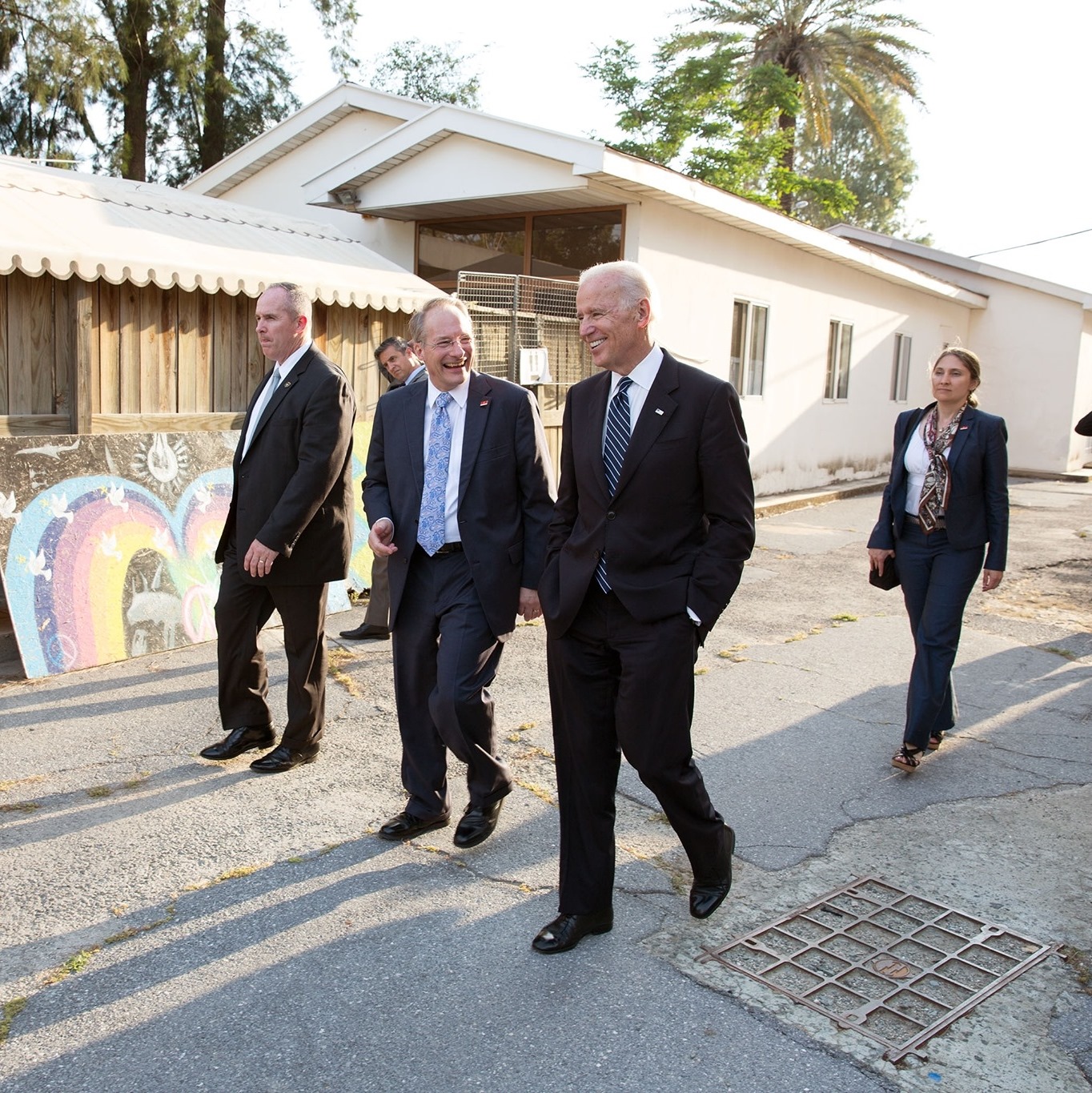

Shemaine Bushnell Kyriakides
As President Nikos Christodoulides arrives at the White House today for an anticipated meeting with President Joe Biden, this event represents a defining moment in Cyprus-U.S. relations. Today’s discussions come as Cyprus’s role as a U.S. ally in the Eastern Mediterranean continues to grow, underscoring a partnership forged through decades of collaboration and shared geopolitical interests.
This evolving relationship dates back to June 1962, when Cyprus’s first president, Archbishop Makarios III, met with President John F. Kennedy. Their talks established formal diplomatic ties at a critical time for the young republic, which was navigating regional tensions with Turkey and Greece. That first meeting laid a foundation for U.S. involvement in Mediterranean stability and efforts toward a lasting peace on the island.

In June 1996, during a period of post-Cold War realignment, Cypriot President Glafcos Clerides met President Bill Clinton at the White House. Together, they emphasized the need to support Cyprus in its ongoing peace process, reaffirming the island’s importance to U.S. strategy in the region.

President Biden has a unique connection to Cyprus as well. In 2014, Biden became the first sitting U.S. vice president to tour Cyprus’s UN buffer zone, seen at the time with then-U.S. Ambassador John Koenig. His visit underscored America’s dedication to the reunification process, signaling that Cyprus remains a priority in U.S. diplomacy.
 Photo credit US Ambassador to Cyprus H.E. John Koenig (ret) Facebook
Photo credit US Ambassador to Cyprus H.E. John Koenig (ret) Facebook
Today’s meeting between Christodoulides and Biden reflects renewed momentum. It follows recent defense agreements and an expanded strategic dialogue, further strengthening ties as both nations navigate the complexities of regional security. This White House visit underscores Cyprus’s increasing value in U.S. foreign policy as a steady ally amid shifting Mediterranean dynamics.
































